Coffee with Andrius: Episode Four
Protein: how much should I consume and when?
In this video, Andrius talks about how much protein we need on a daily basis and how to distribute our protein intake across the day.
See the link below the video to access our own protein calculator, which uses your physical activity level, age and weight to estimate your daily protein requirements.

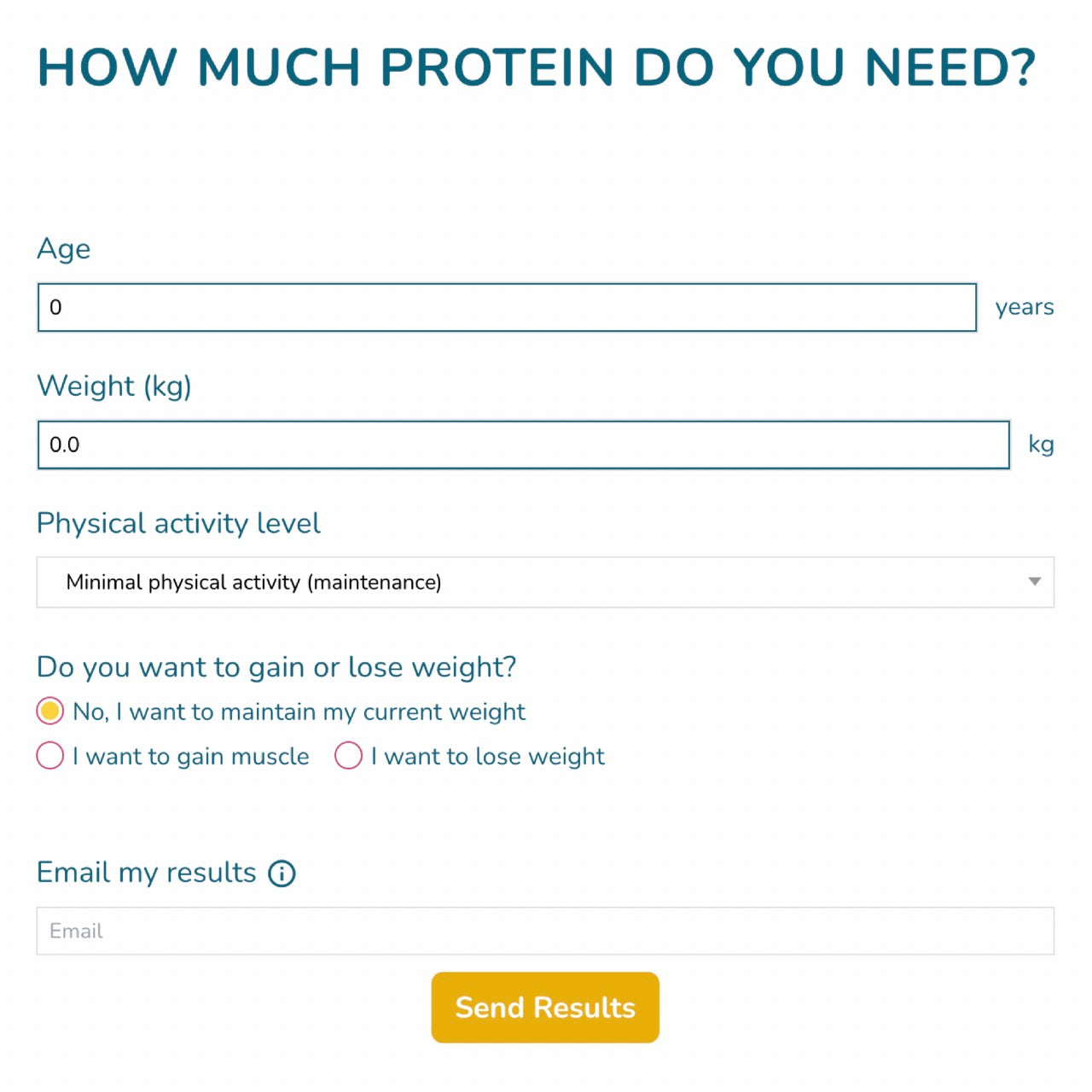
How much protein do I need every day?
Work out your daily protein needs using our online protein calculator! Click below to access.
Video transcript
Hey, welcome to another episode of Coffee with Andrius. From the last time we know that protein is important in our diets, but how much do we need and how often do we need it? The easiest way to talk about protein doses is in grams of protein per kilogram of body weight per day. So in this video, I'll be talking in those terms.
So if I say two grams per kilo, I mean two grams of dietary protein per kilogram of body weight per day. The World Health Organization recommends a daily intake of 0.8 to 1 grams of protein per day. For a 70 kilogram person, that implies around 50 to 70 grams of protein per day. This recommendation is based on studies that determined minimal dietary protein needs, which is not necessarily the optimal amount to promote health and favorable adaptations such as building muscle.
Research has shown that both non-athletes and athletes should consume at least twice that amount in the range of 1.6 to 2.2 grams of protein per kilo for the same 70 kilogram person. That implies 112 to 154 grams of protein per day. To calculate your own dietary protein requirements based on your physical activity, level, age and weight, check out our protein calculator.
All right. So once we have worked out our daily protein needs, how do we distribute protein intake across the day? In an ideal world, we should distribute our protein intake evenly across the day - every 3 to 4 hours. What normally happens for most people that we consume most of our protein in one meal, our dinners, and I think this is a lost opportunity.
If we consume protein more regularly during the day, it helps with satiety, which is controlling our hunger. And perhaps most importantly, it kickstarts the process called muscle protein synthesis. Muscle protein synthesis is how amino acids, which are building blocks of protein, are integrated into skeletal muscle tissue. The thing is, for our bodies to kick start this process, we need enough protein.
As little as ten grams of protein can stimulate muscle protein synthesis. But the optimal amount is roughly 20 to 40 grams of protein in a single meal or snack. The exact dose can vary based on your age and physical training, but consuming over 40 grams of protein in a single meal may not necessarily improve muscle protein synthesis.
Instead, amino acids will be burned for energy instead of muscle growth and repair. Now we know that we need to split our protein consumption across the day and 20 to 40 grams doses are ideal. How do we translate this information to improve our daily habits? The best way to understand your current diet and protein consumption is to track it.
For example, using an app like Easy Diet Diary, you can enter all your meals and snacks over and see how many calories you're consuming and how many grams of protein you get each day. You can also identify which meals have sufficient protein and which meals you could improve. For example, if you find that most of your protein intake is at dinner time, you can try making some changes, such as: eating a high protein breakfast. Try to consume more than 20 grams of protein for breakfast.
This may be a smoothie with protein powder or eggs with cottage cheese or porridge with protein powder and mixed in. Swap out your snacks for a high protein alternative, especially if you're reaching for chips and biscuits as your snacks. If you're physically active, planning your pre and post-workout meals and snacks, ensuring that you're getting 20 grams of protein around your training sessions. If you like dessert after dinner, is there a way you can add protein and reduce sugar content?
It can be surprising to discover how much protein you need, but with a bit of planning and data, you can make positive changes to your diet that will help you to recover faster after your training sessions, will enable you to control better your hunger levels and result in better health and well-being.
Thanks for listening. Coffee's finished and see you next time!
Meet Your Daily Protein Needs
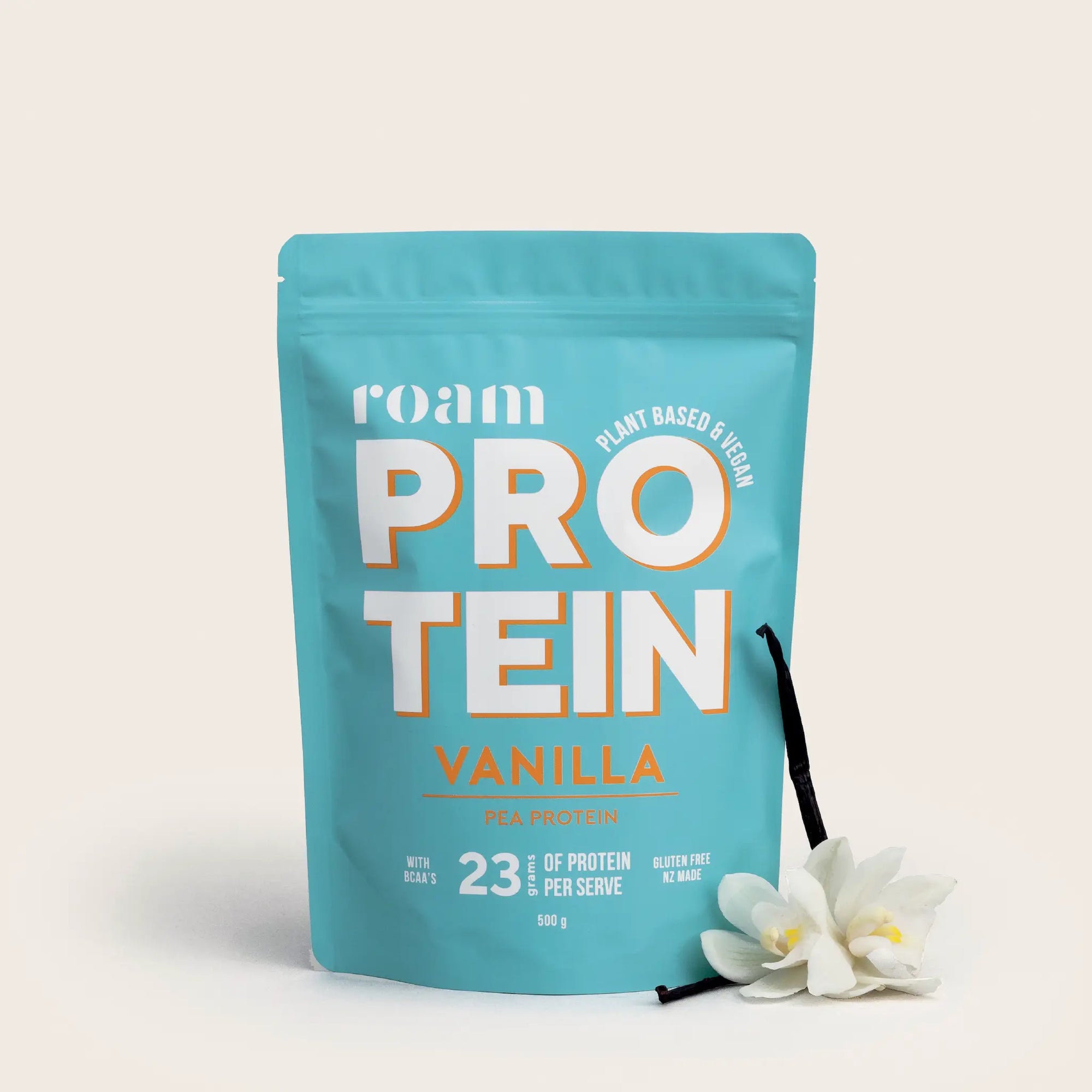
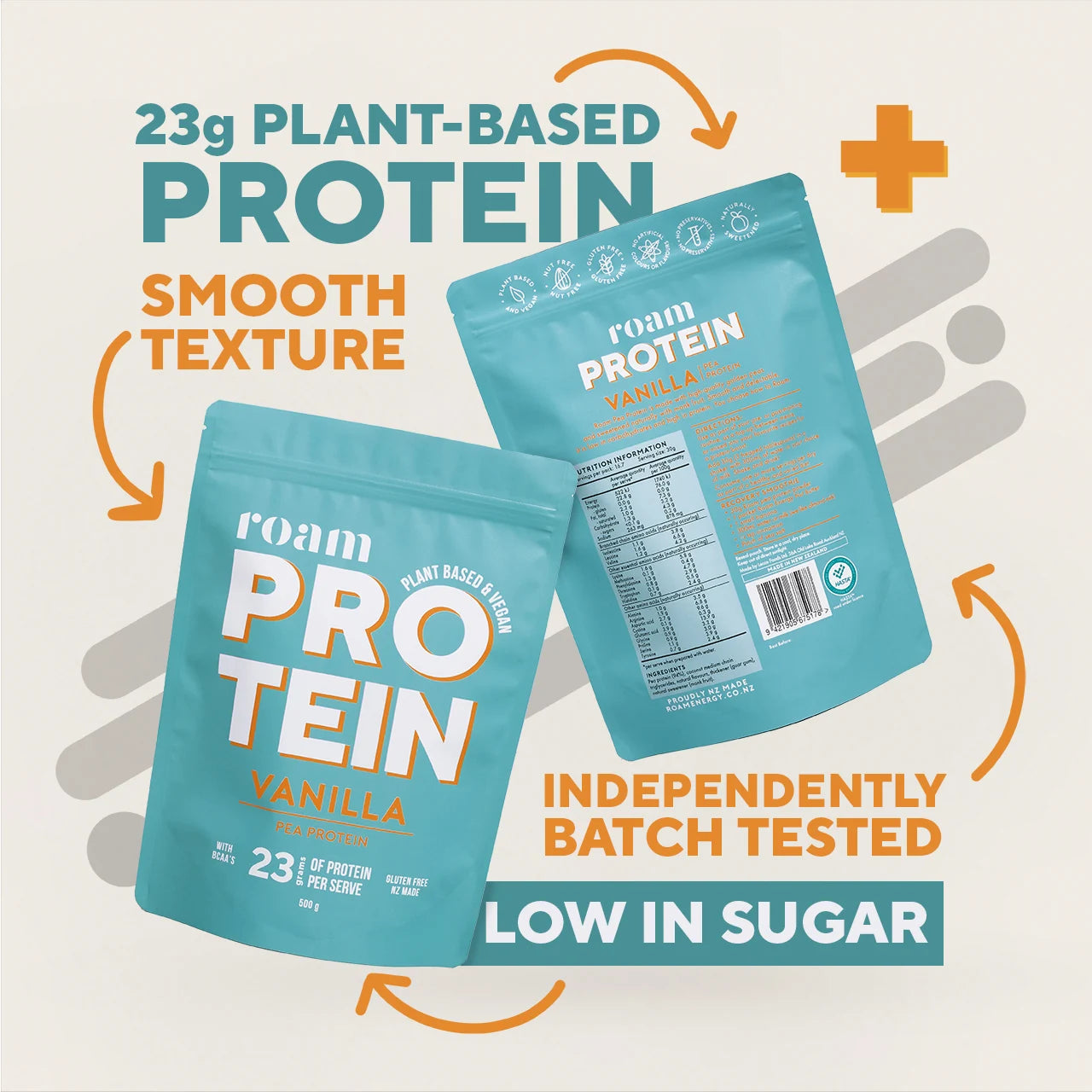
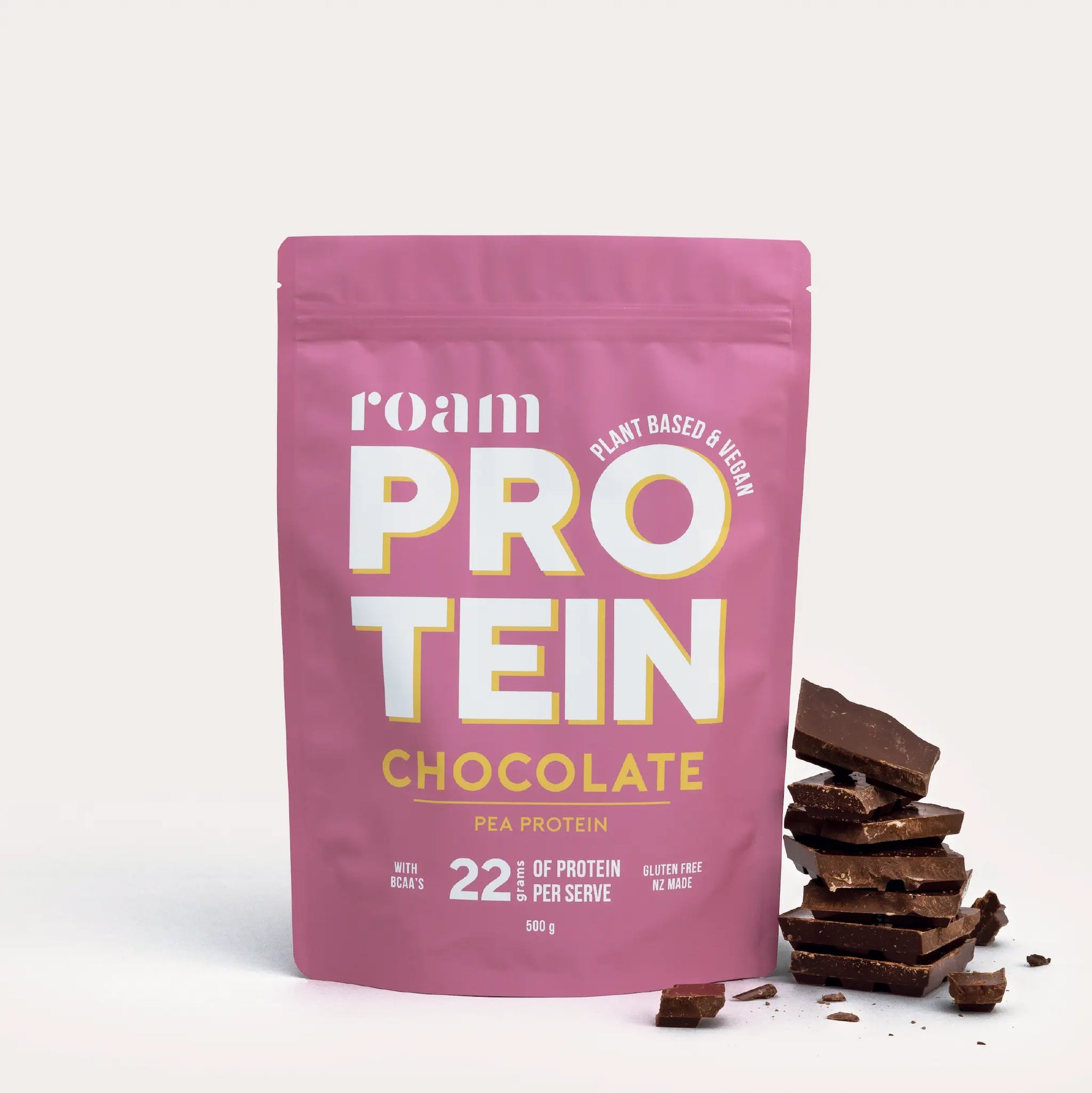
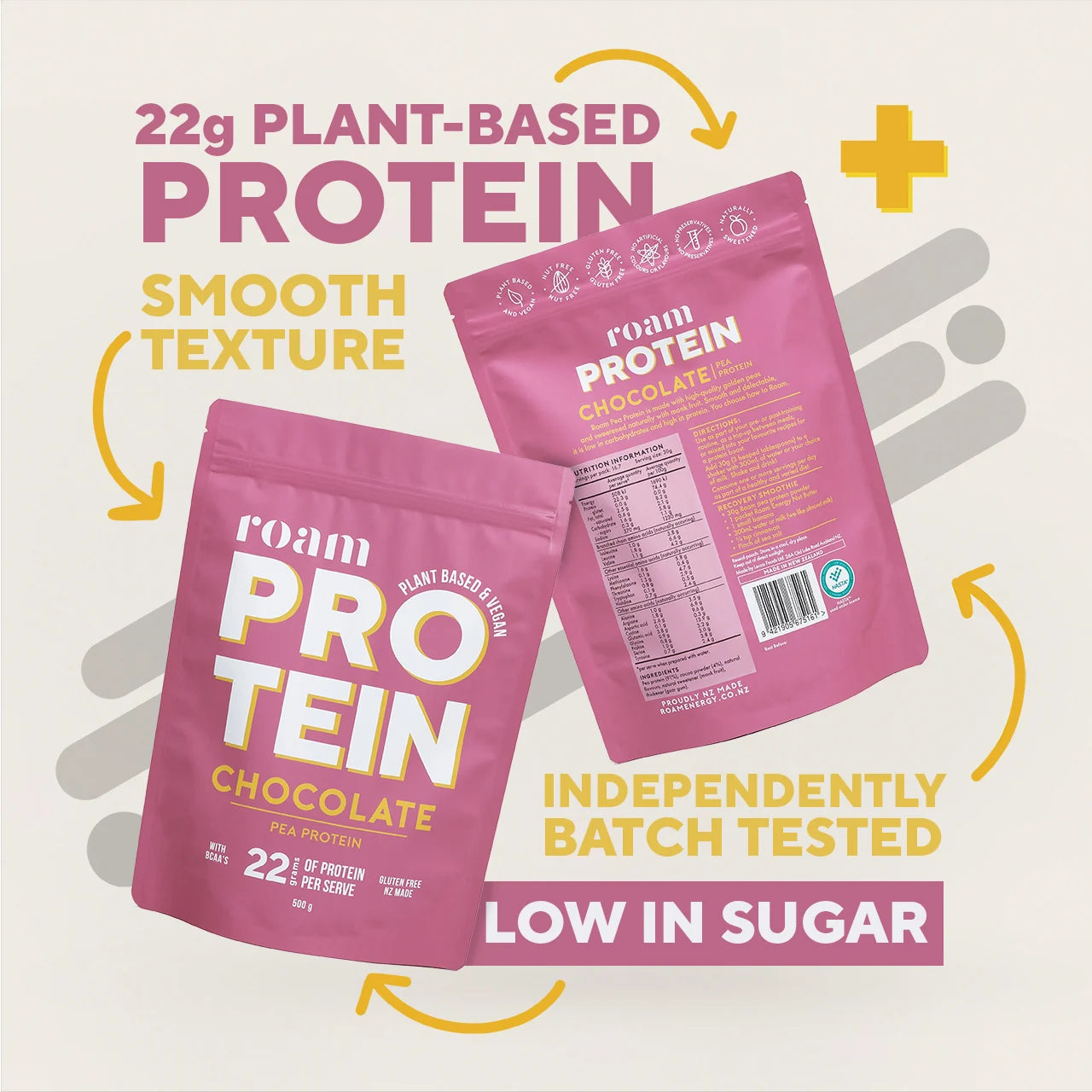
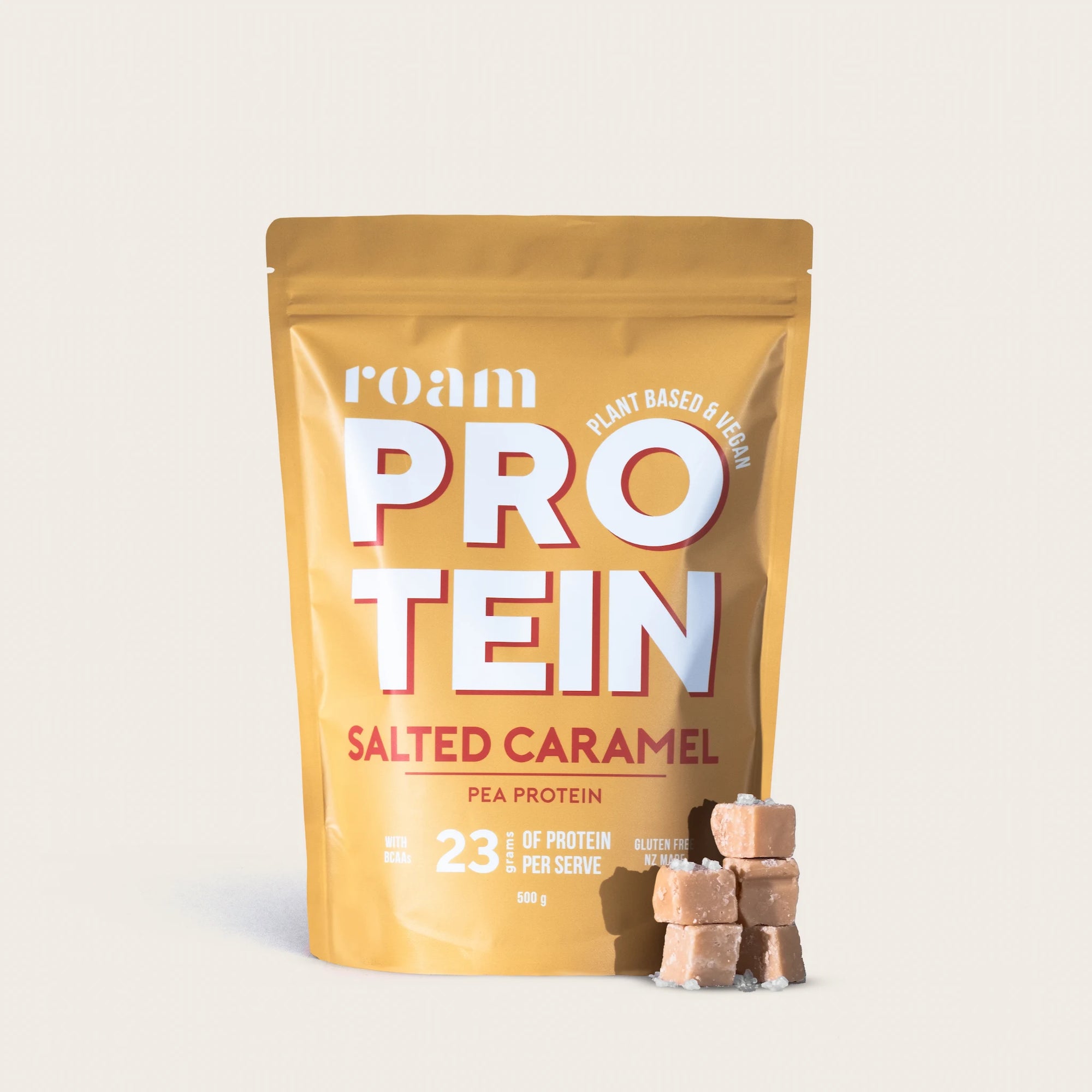


 Protein Variety Pack – 90g Protein (3 Flavours)
Protein Variety Pack – 90g Protein (3 Flavours)Protein Variety Pack – 90g Protein (3 Flavours)
Regular priceUnit price per$38.97 NZDSale price $29.99 NZD








